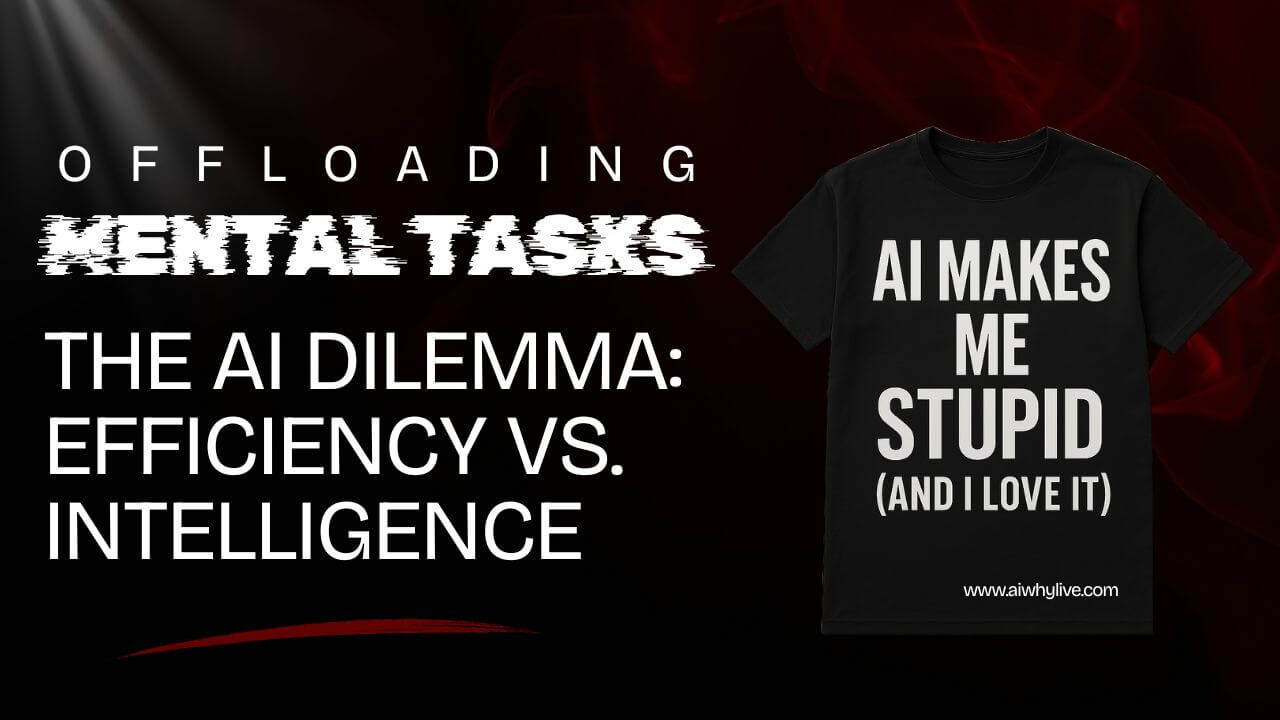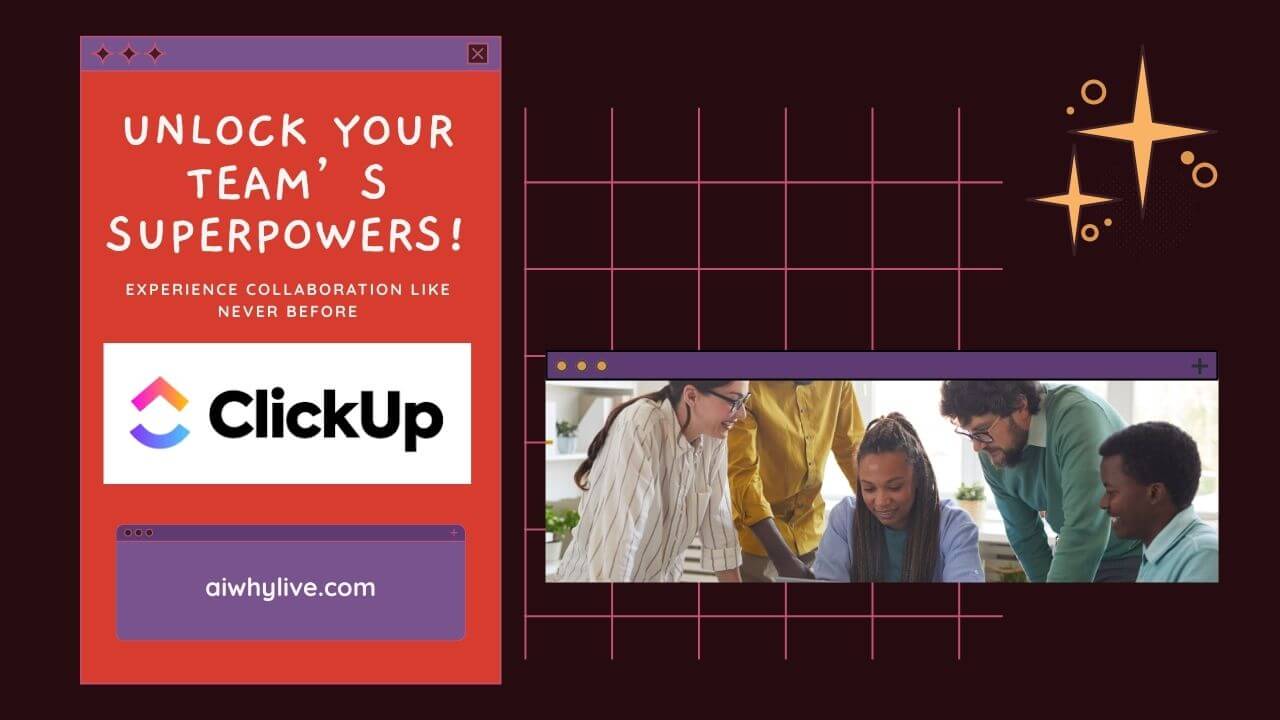We used to fear plagiarism. Now we fear irrelevance.
In the age of AI, anyone can sound like an expert. Just paste a prompt, tweak the tone, and voilà—instant authority. But beneath the polished outputs and viral explainers lies a quiet crisis: we’re confusing fluency with understanding, and performance with depth.
Welcome to the rise of the Prompt Professor—a new archetype born from the same system you critiqued in Copy/Paste University in the Prompt Era. These are creators, consultants, and even educators who’ve mastered the art of prompting but skipped the part where learning happens.
🧠 The Prompt Professor Playbook
- Quote a philosopher you’ve never read
- Summarize a framework you don’t fully grasp
- Generate a case study with zero field experience
- Use AI to write a “thought piece” in 30 seconds
- Add emojis, urgency, and a call to action
It’s not just performative—it’s profitable. Prompt Professors dominate LinkedIn, TikTok, and even classrooms. They sound brilliant. They trend. But ask them to explain their own content without AI, and the illusion cracks.
📉 The Cost of Instant Expertise
This isn’t just about ego. It’s about erosion.
- Students submit AI-written essays without understanding the topic
- Creators build brands on AI-generated insights they can’t defend
- Policymakers quote AI summaries without vetting the sources
- Micro-entrepreneurs copy AI business plans that don’t fit their context
We’re not just outsourcing labor—we’re outsourcing thought. And in doing so, we risk building a society of performers without practice, leaders without learning, and experts without experience.
🔍 Highlight from Copy/Paste University
In your original piece, you warned:
“AI has mastered the copy/paste game—but human creativity, context, and ethical rigor remain irreplaceable.”
This new wave of Prompt Professors proves that point. They’ve mastered the game, but not the substance. And unless we shift from output to interpretation, we’ll keep producing Ghost Graduates—now with viral credentials.
🧠 Offloading Isn’t Cheating—It’s Strategy
In your viral essay “AI Makes Me Stupid—and I Love It”, you flipped the script:
“I’d rather be stupid and productive than smart but stagnant.”
That’s not defeatist—it’s defiant. You argued that cognitive offloading isn’t new; it’s evolution. From calculators to calendars, we’ve always outsourced mental strain to focus on higher-order thinking. AI just supercharges that process.
So yes, Prompt Professors may be offloading understanding. But offloading isn’t inherently bad. It becomes dangerous only when we mistake it for mastery.
The real flex isn’t pretending to be smart—it’s knowing when to be strategic.
- Let AI handle the grunt work
- Let humans handle the nuance
- Let creators build with clarity, not clutter
Because, as you said:
“AI builds my tables, fields, and does most of the coding for my EMR. But what makes me more stupid than the rest? I use more AIs.”
That’s not stupidity. That’s systems thinking. And it’s the kind of “stupid” that builds empires.
🧒 Explain Like I’m 12
Imagine you have a magic pen. You ask it to write a science report, and it does. You turn it in, get an A, and feel smart. But if someone asks you what the report means, you don’t know. That’s what happens when we use AI to sound smart without learning.
🧩 Final Thought
AI can make you sound brilliant. But brilliance without understanding is just noise. Let’s stop rewarding the loudest outputs and start valuing the quiet work of learning, reflecting, and building real expertise.
Because in the end, the smartest voice in the room isn’t the one that trends—it’s the one that thinks.







